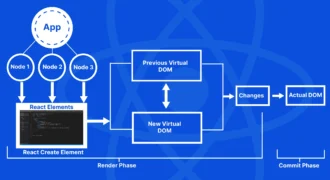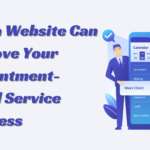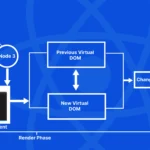The Role of Data Analytics in Healthcare Consulting: Driving Informed Decision-Making
The healthcare industry is capable of handling a vast amount of confidential information. We know this task takes work. Keeping track of all this information is hard, but the insights you gain from analyzing it will be well worth the effort. Isn’t it? Better patient care and quicker diagnosis are two of the many potential gains that could result from a healthcare business adopting a data-driven culture. Data analytics in healthcare optimizes clinical results, patient care, and hospital operational efficiency by collecting, interpreting, and using data. For more information, you can have a look at healthcare consulting services – Jelvix.
What Do You Understand By Healthcare Analytics?
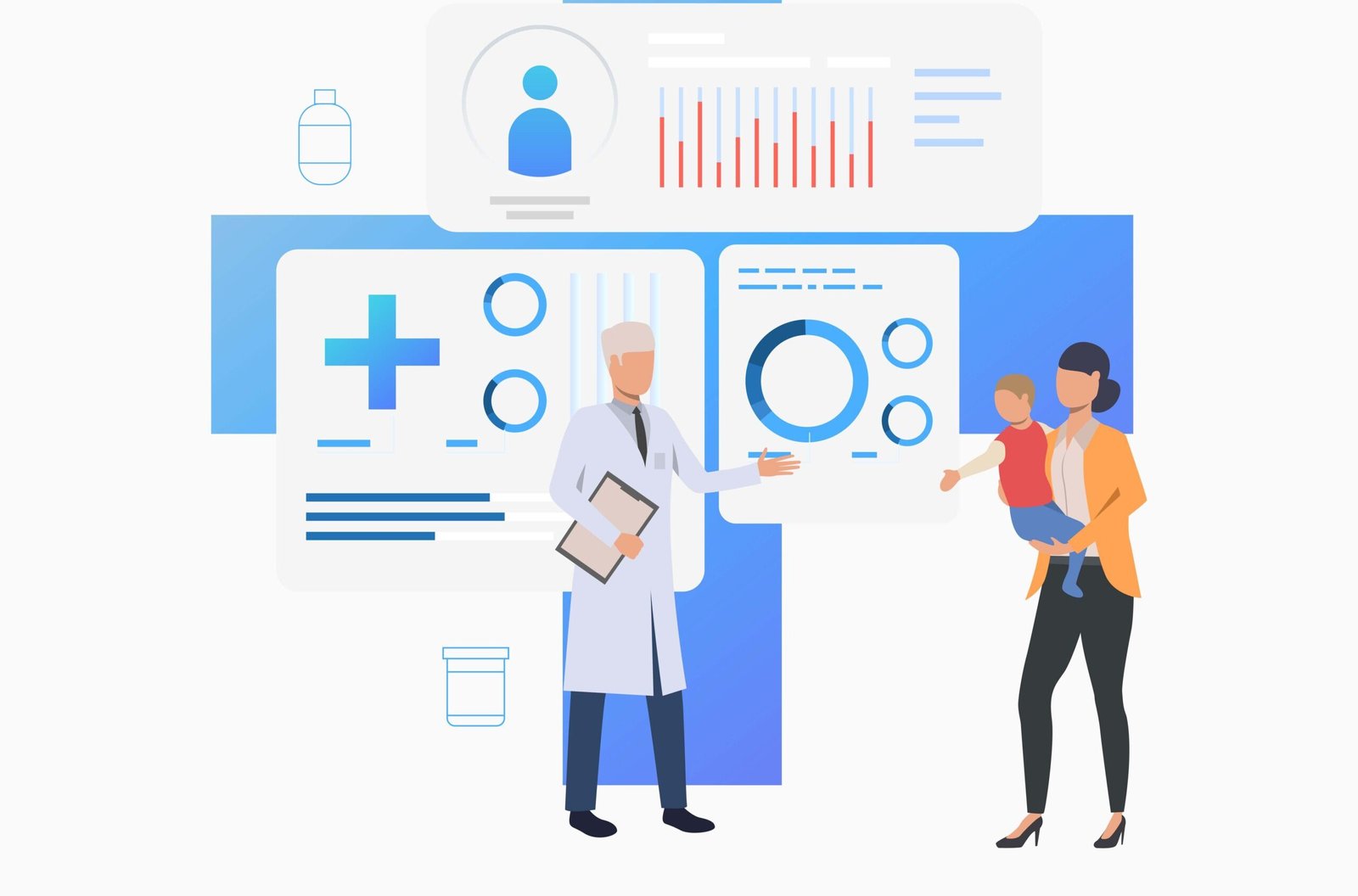
Hospitals are being transformed by data analytics. It involves analyzing raw statistics to find patient and company patterns and improvements. Most effective hospitals integrate healthcare data. Data collection, analysis, and action ensure high-quality patient care and profitability.
Hospitals utilize analytics to turn data into actionable insight. In datasets, analytics:
- Illuminates patient conditions.
- Finds disease warning symptoms.
- Anticipates disease spread.
- Enables patient customization.
Automates OR and bought services procedures. Hospitals need nimble analytics solutions as healthcare data grows, but the sector has yet to react.
Healthcare data analytics benefits
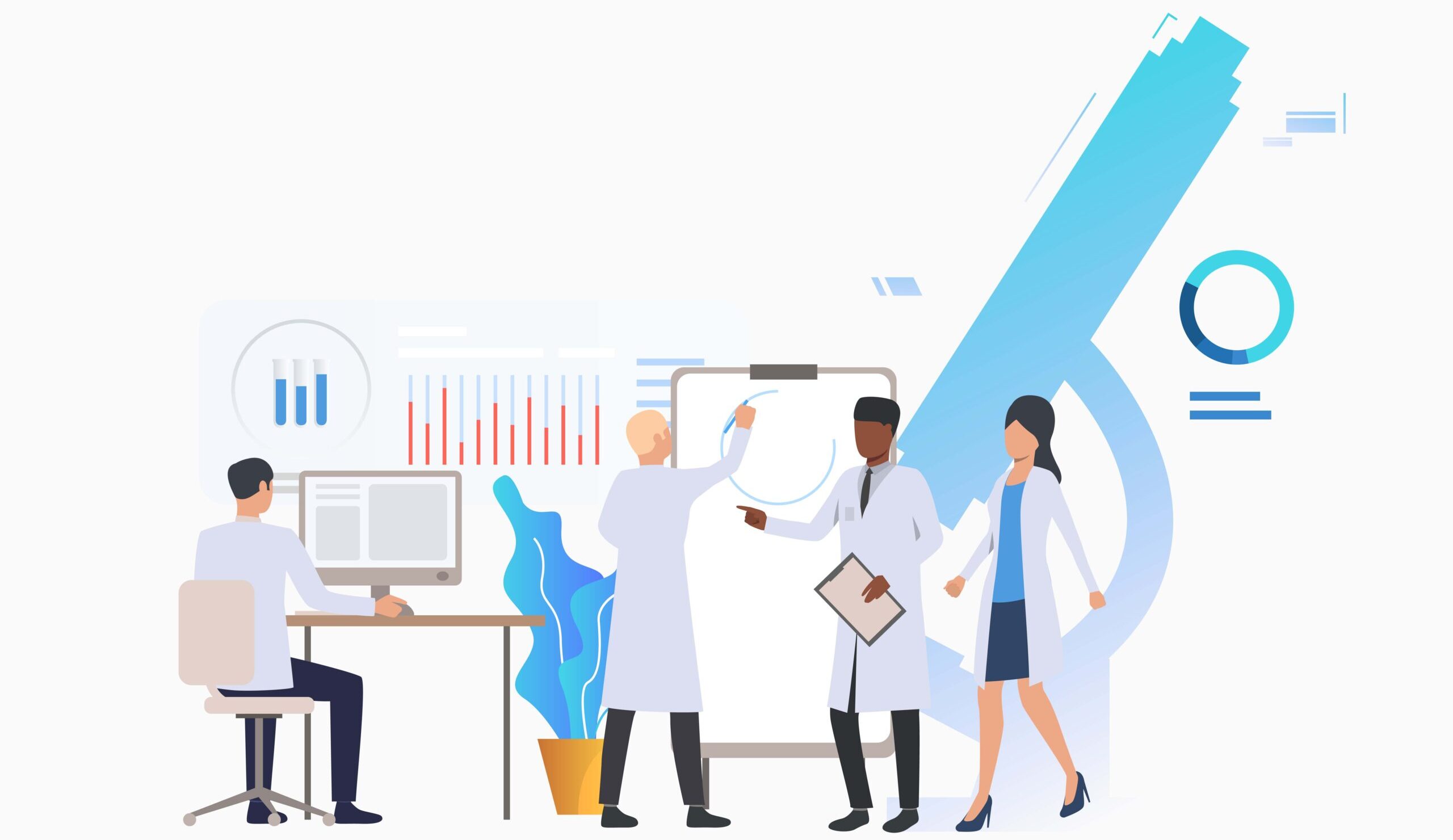
To prevent disease
Disease diagnosis is one thing. Can illnesses be predicted before they occur? Humans gained this capacity with the 2003 sequencing of the first human genome. Every human genome has 100GB of data and 23andMe sequences hundreds each year. How can we make sense of it all? Data analytics is the answer. Due to the abundance of genomic data, medical professionals are creating machine learning algorithms to filter and analyze genes to understand genetic disease coding better. By comparing these statistics to anonymized medical records, scientists may identify heritable disorders, including hypothyroidism, gallstones, malignancies, and heart disease. These insights don’t guarantee someone will get one of these diseases, but they can help doctors estimate the probability and give early interventions and DNA-based therapies. Pretty nice, huh?
Electronic health records
Our medical data digitizes with the globe: EHRs record allergies, diagnoses, treatments, and medications. Okay, EHRs are still young. Some nations still need to embrace them. However, the US has invested billions in them, and Germany is coming up rapidly. EHRs are hugely promising. Data analysts might acquire unparalleled health insights from a single medical data system. Predictive analytics might help us understand how smoking, drinking, and obesity affect illnesses. EHRs also allow clinicians to customize therapies and discover hard-to-find information using natural language processing. They might also construct data visualization dashboards for individual patients or more prominent communities to focus on emergent health concerns. EHRs may customize medical care to an inconceivable extent. Despite not being there yet, there’s a lot of work going on, so stay tuned!
Cybersecurity
EHRs might change healthcare, but they create legitimate security issues. Increasing healthcare cyberattacks have exposed essential concerns. Ransomware shut down the Irish Health Service (HSE) in 2021. It was terrible for the HSE and its patients. The news that the hack was feasible solely because the HSE was still using outdated software made things worse. Whoops! This emphasizes the need to remain ahead of data security trends. As our data becomes increasingly digital, hackers have more chances to steal it. Health data privacy is more delicate than social media privacy.
Improving clinical processes
Hospitals are amazing. They accept most of us. Many of us say farewell to them. Hospitals provide chronic illness and emergency treatment between these lethal bookends. Despite this, hospitals are similar to other businesses. Effective processes are needed to function efficiently and provide exceptional patient care. From efficient supply chain management to happy staff, several variables affect hospital operations. Introducing healthcare business analysts. The growing role of business analytics in healthcare. It may help manage a hospital’s daily operations (from patient waiting times to machinery maintenance) and higher-level strategies (such as increasing a department’s long-term capabilities). Healthcare analysts can find hidden trends in staff performance, patient care, and hospital operations by reviewing clinical services and patient outcomes data. It helps them identify data-driven solutions to improve operations. Not as exciting as ‘curing cancer’, but still vital!
Conclusion: What the future holds
Data analytics could transform healthcare. With over half of the U.S. population insured, providers must meet demand while lowering prices. Data analytics has several benefits that will develop when new apps are released.
FAQs
What’s Health Data?
A healthcare database stores healthcare data. Such data can originate from health insurance claims and medical records. This data can help doctors diagnose and choose treatments for patients.
Healthcare data analytics; what?
Doctors employ a variety of methods to evaluate vast volumes of patient data to improve clinical choices and patient care. It involves assessing EMRs, tracking hospital readmission rates, and tracking patient diagnoses over time.
Why is healthcare analytics key?
Healthcare Data Analytics can assist you in understanding patient satisfaction, hospital stays, and effective therapies. It can also inform your decisions to improve care or cut costs.
Name some of the examples of healthcare data analytics
Data analytics can identify considerable healthcare cost reductions in line item information of acquired services spent. Real-time data analytics eliminates human mistakes by comparing invoices to previous data for relevant insight.
Hospitals utilize data analytics; how?
Analytics help hospitals save costs, make treatment decisions, and track patient health.



